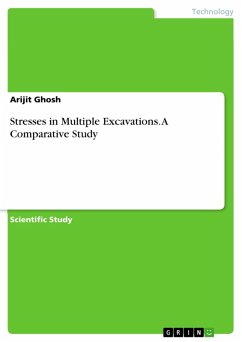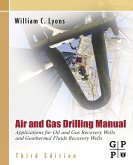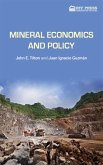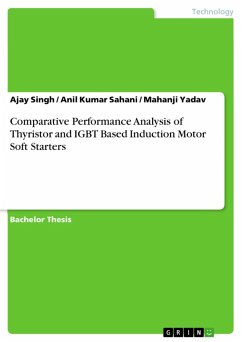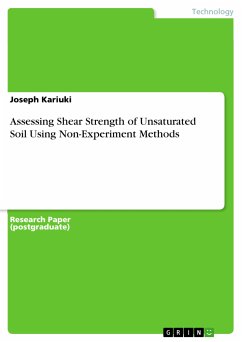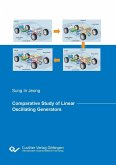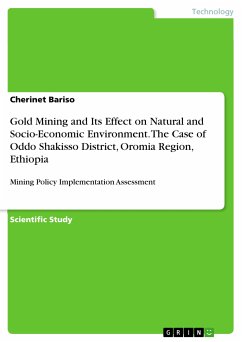Scientific Study from the year 2017 in the subject Engineering - Mining Engineering, grade: 2.0, Technical University of Clausthal (Department of waste disposal and Geomechanics), course: Applied rock mechanics, language: English, abstract: Determining the stresses that exist in the rock mass opening has been a significant area of research in mining for a long time. The main reason for this is the concern of roof collapse of the excavation due to overlying pressure from the rock mass. This thesis is concerned with the state of stresses that exist in the rock mass in 2 conditions: 1. Stresses in rock before the mine openings; 2. Altered state of stresses after the excavations are made. Theories have been formulated to calculate the pre-stressed state of the rock mass. But any sort of measurement invalidates the original condition of the intact rock. There are mainly 3 ways to study these different stress conditions in the rock mass: Analytical solutions using pre-defined mathematical equations; using numerical modelling to predict the stresses by duplicating the in-situ stress conditions; and in-situ measurements of the stress conditions in the rock mass. One of the first assumptions taken while doing the measurements is assume that the rock mass is elastic and homogenous (single layer). There are also assumptions where the rock is considered viscous, plastic or a combination of these. But for this research project, the first assumption is considered. This is done to ease up the subsequent calculations on the more complex characteristics of the rock mass. In this research project, the attempt is to do a comparison of the initial and final stressed conditions of the rock mass in a series of square and circular drifts between the analytical and the numerical solutions of the model. It must be noted that a completely accurate picture of the stress phenomena cannot be drawn because of the lack of knowledge of the physical properties of rock under field conditions. The purpose of the project is to compare numerically calculated loading behavior of rock mass to that of analytical solutions obtained from the same.
Dieser Download kann aus rechtlichen Gründen nur mit Rechnungsadresse in A, B, BG, CY, CZ, D, DK, EW, E, FIN, F, GR, HR, H, IRL, I, LT, L, LR, M, NL, PL, P, R, S, SLO, SK ausgeliefert werden.

